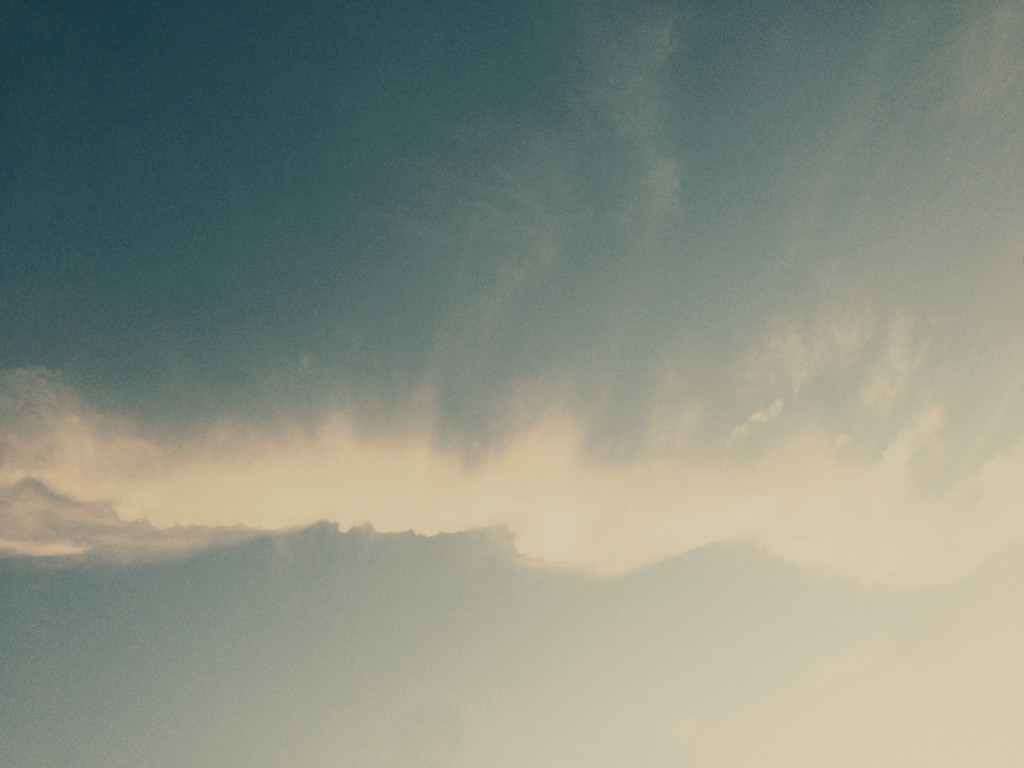Joyful
To a Skylark
HAIL to thee, blithe spirit!
Bird thou never wert—
That from Heaven, or near it,
Pourest thy full heart
In profuse strains of unpremeditated art.
Higher still and higher
From the earth thou springest
Like a cloud of fire;
The blue deep thou wingest,
And singing still dost soar, and soaring ever singest.
In the golden lightning
Of the sunken sun,
O’er which clouds are brightning,
Thou dost float and run;
Like an unbodied joy whose race is just begun.
The pale purple even
Melts around thy flight,
Like a star of Heaven
In the broad day-light
Thou art unseen–but yet I hear thy shrill delight,
Keen as are the arrows
Of that silver sphere,
Whose intense lamp narrows
In the white dawn clear
Until we hardly see– we feel that it is there.
All the earth and air
With thy voice is loud,
As when night is bare
From one lonely cloud
The moon rains out her beams– and heaven is overflow’d
Percy Bysshe Shelley
Percy Bysshe Shelley (1792-1822) wrote ‘To a Skylark’ in June 1820 as part of his epic poem Prometheus Unbound, while staying near Pisa in Italy. It is said to have been prompted when Shelley and his wife heard a skylark singing while taking a summer evening walk. In its entirety, the poem concerns itself with the poet as unacknowledged prophetic voice.

